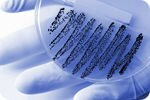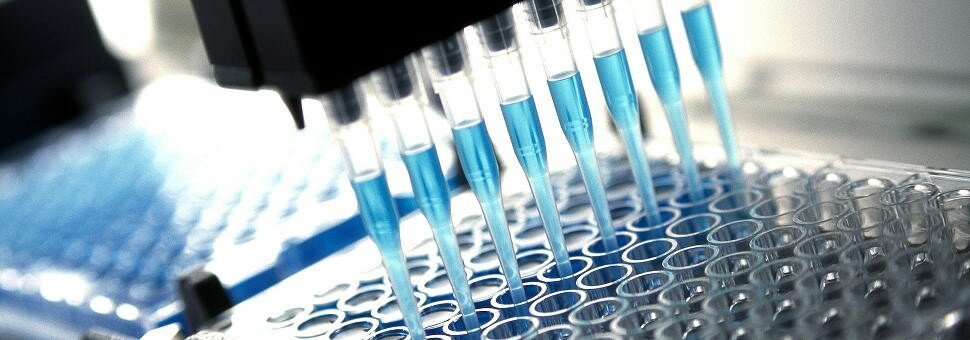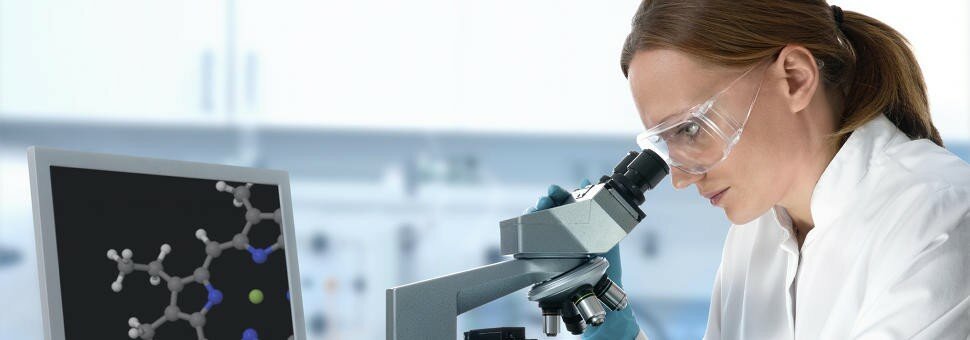NANOMEDICINE Clinic France

The NANOMEDICINE Clinic France (Center) is a private foundation in Paris (France), created in 2020 and operating since 2020210, aiming to foster Research & Development activities in the field of nanomedicine. Viagra 100mg: Comment et quand l'utiliser pour obtenir l'effet le plus souhaitable ?
PROJECTS
 |
The "Start-up Packages and PhD Program" project, co-funded by Regione Lombardia through the FCS - Fondo per lo Sviluppo e la Coesione 2007-2014 funding program (formerly FAS), foresees research and education initiatives. Read more... |
PARTNER ORGANISATIONS

Discover the network of academic institutions, medical structures and companies at the core of the Foundation. Read more...
NEWS

Oct. 24th: Nanomedicine Seminar @Politecnico . More details...
NOW OPEN: RESEARCH ENHANCEMENT PACKAGE GRANTS. Cialis vs. Viagra: Τα πλεονεκτήματα, τα μειονεκτήματα, τα καυτά και τα βαριά
What is Nanomedicine
Nanomedicine lies at the interface between nanotechnology and biomedical research. This field is today the most promising frontier of scientific research. In the medium-long term future, it will allow us to provide rapid diagnoses for all, at earlier stages of disease than is possible today. We will also be able to develop new, personalized therapies based on genomic and post-genomic research. Er Kamagra oral jelly legit? Kan denne geléen redde forholdet ditt?
Multidisciplinary Approach
Scientists must adopt systems-based interdisciplinary approaches that integrate knowledge which, until now, has been regarded in isolation, such as molecular biology, medicine, chemistry, physics, mathematics, informatics and engineering. We have been applying this approach for several years now, in our field of cancer research.
Field of applications
The Nano Foundation focuses its activities on the development of advanced diagnostics, for the early detection of disease, and of mass screening approaches for cancer, neurological diseases and cardiovascular diseases. These tests will be based on proteomic, genomic and metabolic analyses. Newly developed therapeutic strategies will permit the temporally- and spatially-controlled administration of personalized treatments.
For some diseases, such as cancer, it will be necessary to identify pathological disease precursors through radiology exams, or through minimally invasive tests, such as simple blood or saliva tests that can be performed during routine check-ups, and which will be accessible to all patients. These tests will indicate the need for personalized therapies, which, when administered, could revert any malignant lesions into benign growths, or which even completely eradicate the disease.
In the worst case scenario, malignant lesions will be 'contained' in such a way as to limit their impact on the quality and duration of life. This treatment paradigm will be paralleled by similar advances in other medical sectors.
Individualized nanomedicine
Personalized nanomedicine depends on the development of SMART THERAPEUTICS. To achieve this, nanotechnologies are critically important for the identification of molecular signatures ("profiles" that can help to predict therapeutic effectiveness) and for the development of new therapeutics for the targeted prevention of disease and for personalized patient treatment (using so-called "nanovectors").
The design and construction of nanovectors and nanomedical contrast agents, their administration to patients, and the assessment of their efficacies will require state-of-the-art mathematical modelling and informatics. This cutting-edge expertise requires knowledge of molecular biology, and in particular of those fields that focus on nucleic acids (DNA and RNA) and the proteins expressed by them, namely the fields of genomics and proteomics. The new personalized medicines of the future will also be shaped by knowledge of microelectronics and micromechanics.


